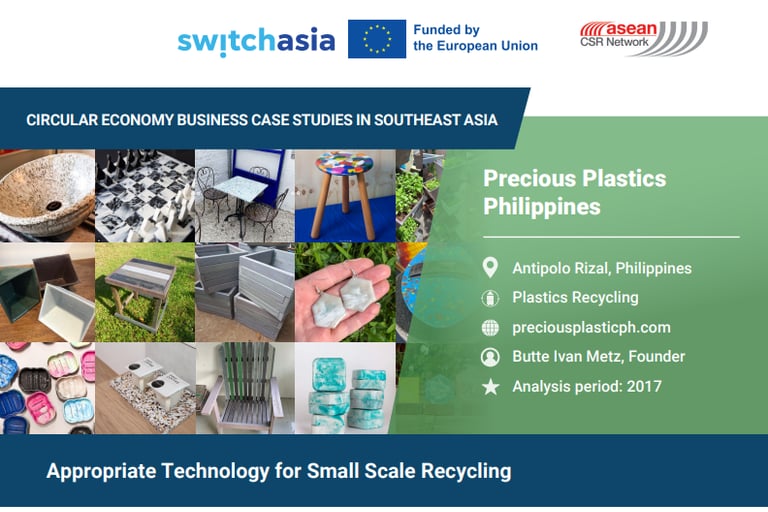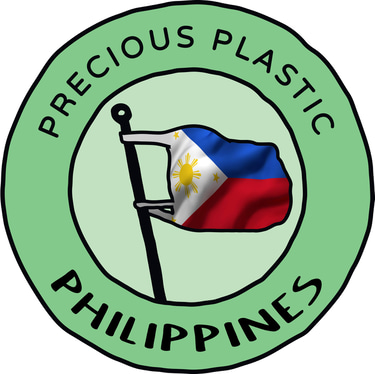The Philippines' EPR Credit Law and Waste Diversion Program
12/26/20232 min read
The Philippines has taken significant steps towards addressing its waste management challenges through the implementation of the Extended Producer Responsibility (EPR) Credit Law and the Waste Diversion Program. These initiatives aim to promote sustainable waste management practices, reduce environmental pollution, and encourage responsible waste disposal. The EPR Credit Law, also known as the Republic Act No. 9003, was enacted in 2001 as the country's framework for solid waste management. Under this law, producers, manufacturers, importers, and distributors are held responsible for the entire life cycle of their products, including their post-consumer waste management. The law requires these entities to establish and implement an EPR program, which includes the collection, recycling, and proper disposal of their products' waste. The EPR Credit Law incentivizes companies that comply with their EPR obligations through the issuance of EPR credits. These credits can be traded in the market, encouraging companies to invest in waste management infrastructure and technologies. The credits can also be used to offset their environmental compliance costs or fulfill their EPR obligations. The EPR Credit Law has been instrumental in promoting waste diversion in the Philippines. Waste diversion refers to the practice of diverting waste away from landfills and towards more sustainable waste management options such as recycling, composting, and waste-to-energy conversion. The law encourages companies to develop and implement waste diversion programs that effectively reduce the amount of waste sent to landfills. The Philippine Association of Resin Manufacturers (PARMS) plays a vital role in the implementation of the EPR Credit Law and waste diversion programs. PARMS is an industry association that represents the interests of resin manufacturers in the country. They work closely with the government and other stakeholders to ensure the effective implementation of the EPR Credit Law and promote sustainable waste management practices within the industry. PARMS collaborates with its members to develop and implement waste diversion programs that comply with the EPR requirements. These programs focus on reducing plastic waste through recycling initiatives, promoting the use of eco-friendly materials, and supporting research and development efforts for sustainable packaging solutions. PARMS also provides guidance and support to its members in meeting their EPR obligations and achieving their waste diversion targets. The EPR Credit Law and waste diversion programs in the Philippines are crucial steps towards achieving a more sustainable and environmentally responsible waste management system. By holding producers accountable for their products' waste and promoting waste diversion practices, the country aims to reduce its reliance on landfills, conserve resources, and protect the environment for future generations. In conclusion, the Philippines' EPR Credit Law and Waste Diversion Program are essential components of the country's solid waste management framework. These initiatives promote responsible waste management practices, incentivize companies to invest in waste diversion infrastructure, and contribute to the overall goal of achieving a more sustainable and environmentally friendly waste management system. Through collaboration between the government, industry associations like PARMS, and other stakeholders, the Philippines is making significant strides towards a greener and cleaner future.
Contacts
call or use the form to send a message
Socials
Subscribe to our newsletter
+639151385341


